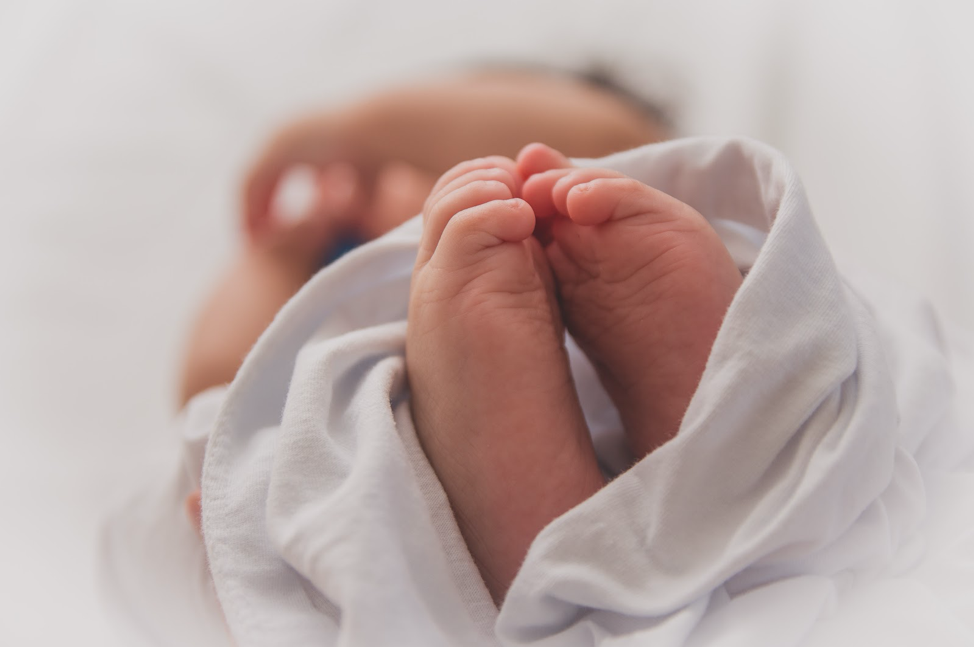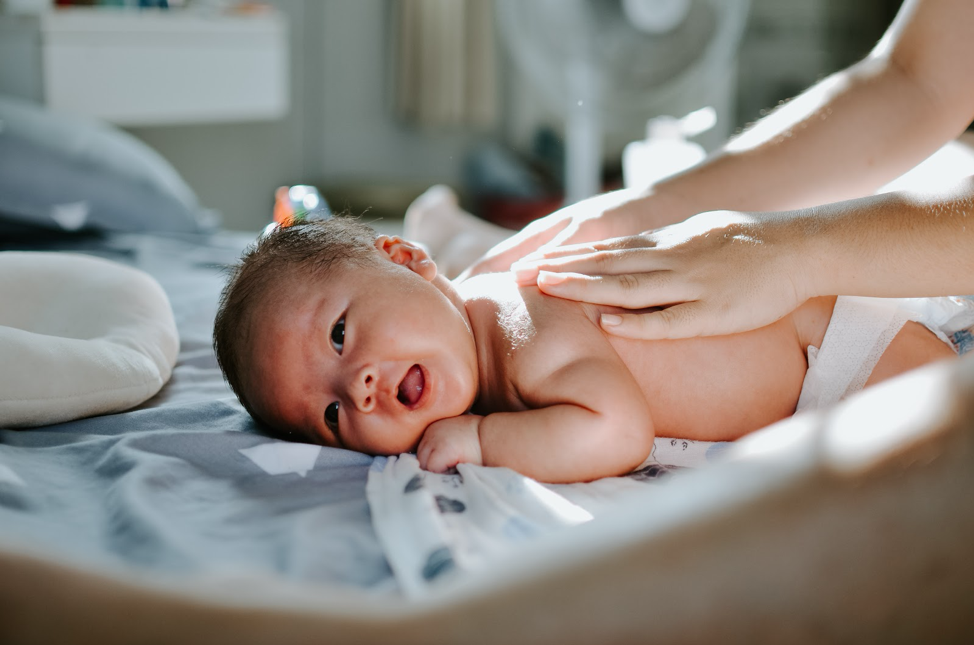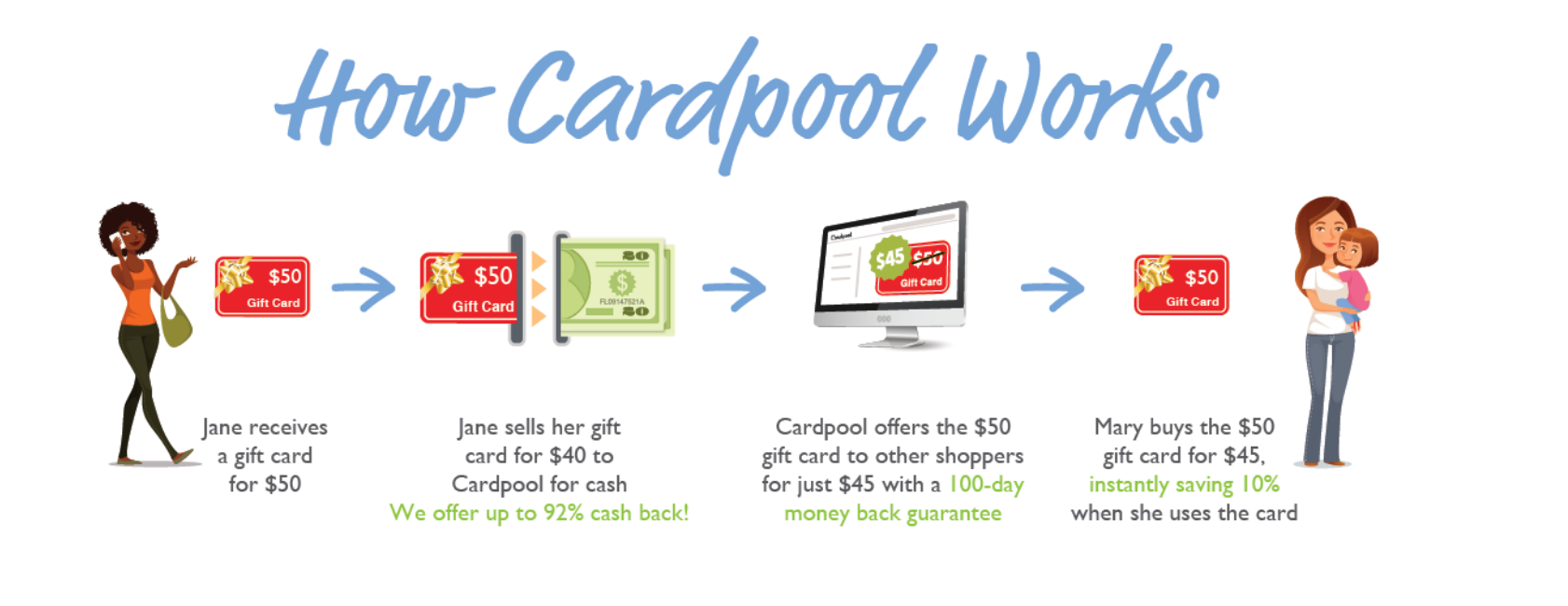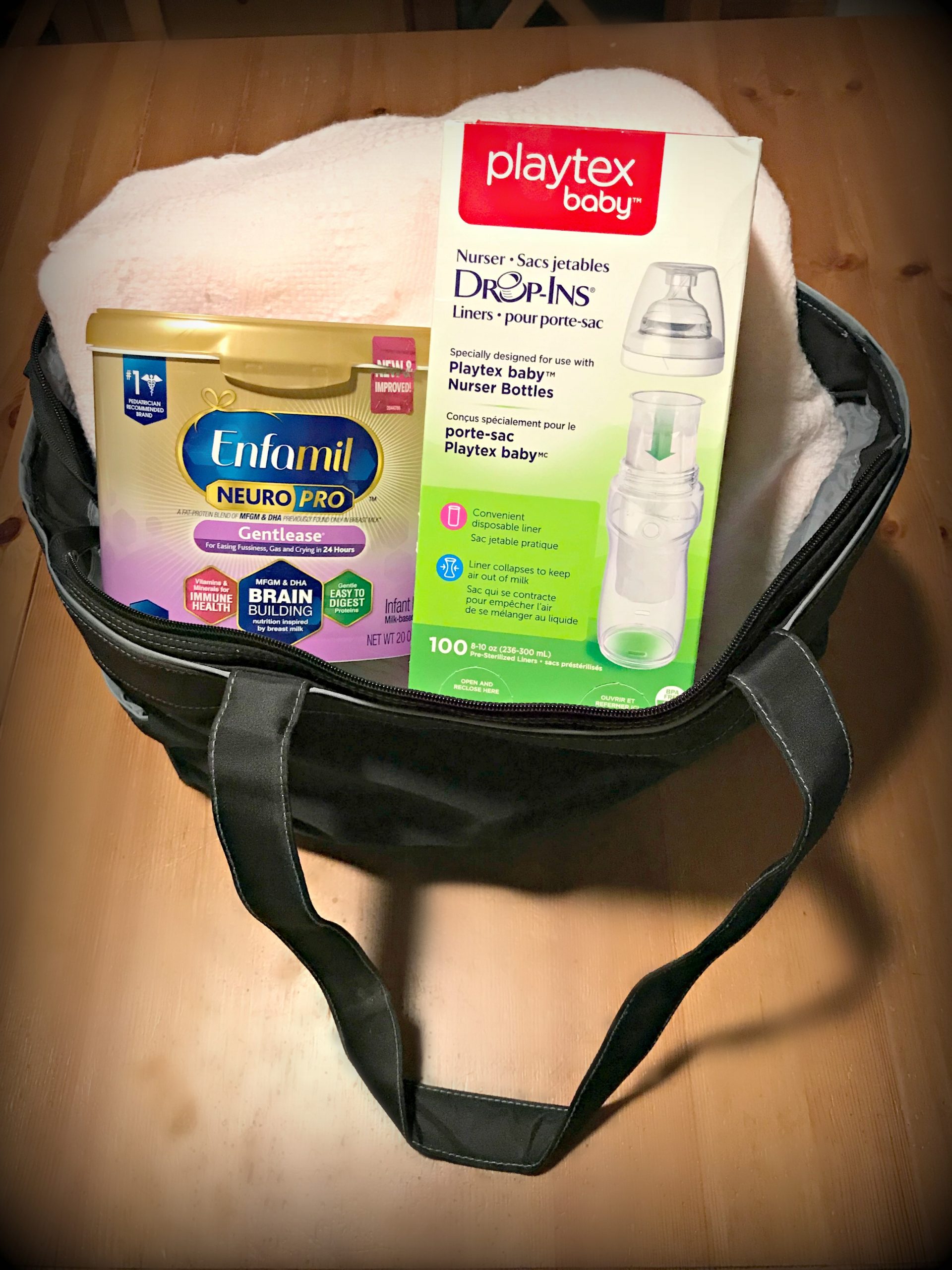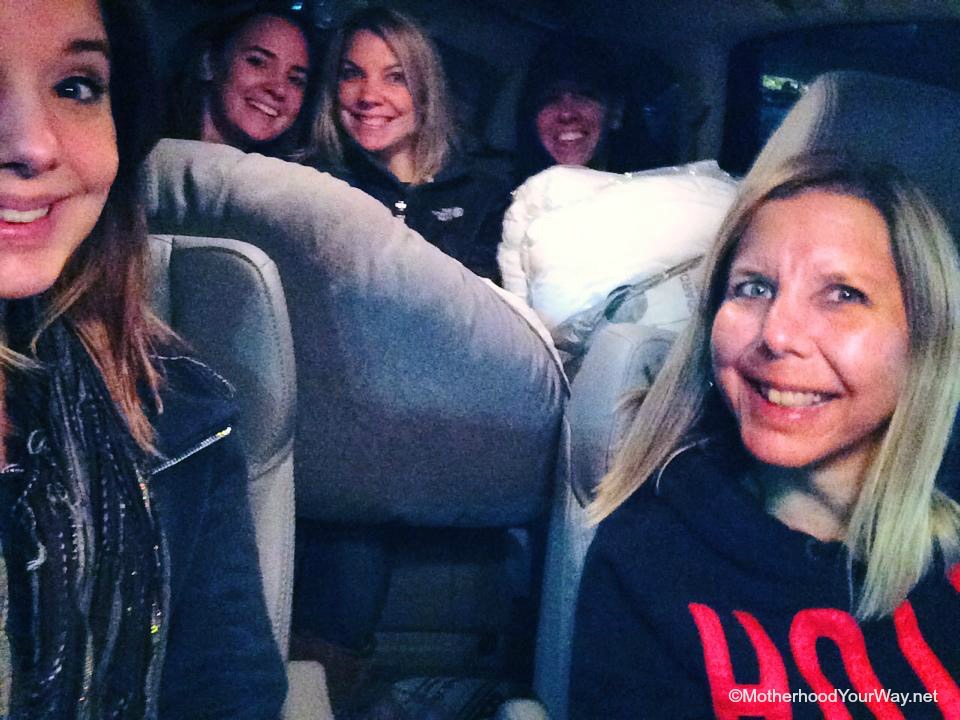Taking Care of Baby’s Sensitive Skin
We all know just how delicate and sensitive your baby’s skin is. They are born with fragile skin, and most new parents begin to worry about things like rashes pretty early on. And, of course, anyone would worry about it. But over time, if the rashes get persistent, painful, or in response to something, there are things you can do.
While we are often sold on the idea of bathing our newborns in warm lavender-filled bubbly baths, that isn’t always the best option. And there are plenty of other things to take note of too.
Here is why some chemicals and clothing can have an impact in the early days and beyond:
- Baby has thin and fragile skin
- They have been blissfully in water, and the skin needs time to adjust
- Babies are prone to mild allergies in the first few months
- Soaps, shampoos, nappies, and even washing powder can cause reactions in your baby’s skin – even those labeled as sensitive.
Bathing
There are almost two schools of parents on this topic. Some parents like to bathe their babies every day, and it is part of their routine in the run-up to bedtime. Others want to stretch the time between bathing so that there are fewer chemicals and products on the baby’s skin.
When you bathe your baby, use lukewarm water in a warm room with no fans or drafts. It is better to avoid antibacterial soaps and ordinary hand soaps as they can be very drying. Try to stick to one brand or just plain water so that you aren’t introducing new chemicals all the time. Make sure the towel you use really takes all of the dampness from your baby’s skin.
Diapers/Nappies
Not all nappies and diapers are created equal. Some babies will react to one brand and not another. If you find the diaper area of your baby is irritated even when being cleaned and changed frequently, it might be time to try a different brand.
It is important not to let your baby sit in a dirty nappy for too long because it can cause infections and a miserable baby.
Most nappy rashes are easy to deal with by upping the number of times you change your baby’s nappy, and applying some healing nappy rash cream to the area. Sometimes they can get infected, and you will need to visit your pediatrician.
Dry Skin
It is often the case that babies have dry skin. You can find lots of natural moisturizes to keep the skin soft, supple, and hydrated. There is a range of oils that might be recommended to you by your pediatrician.
While your baby is still small, for example, in the first few months, instead of giving a regular bath, you can gently sponge them down with water two or three times a week. This will help keep the baby clean without losing any of the natural moisture.
Avoid buying your baby too often, this can actually sap some of the vital nutrients from the skin, leaving the baby much drier than you had anticipated.
Use some of the unique medicated skincare products designed for babies. You will be able to get an idea of which one’s are the best by talking to a pediatrician, doing some research online about what seems to work for other people when it comes to babies’ dry skin.
Most babies will grow out of the period where they have incredibly dry skin. Some babies do you, however, develop eczema, which we will talk about now.
Skin problems
- Lots of babies will have birthmarks, which are an area of the skin that have some slight discoloration. Depending on the bed baby’s parent’s ethnic background, some babies will be born with a Mongolian blue spot. The Mongolian blue spot is not harmful; however, it does look like a bruise, so if you do notice one in the early days, you can talk to your pediatrician and make sure it is marked in the notes.
- Parents generally don’t need to worry about birthmarks, they do absolutely no harm to the baby and need zero treatment.
- Cradle cap is a common occurrence in my babies. The best thing you can do is follow this how to get rid of cradle cap, and it will be gone in no time.
- Some babies develop acne. Or small rashes you a heat rash is, or milk spots on the face. Most of the time, these are not a problem. However, if your baby just happened to begin to scratch their face, then you might need to seek treatment from a pediatrician.
- Some children develop eczema. Eczema is an itchy red rash that can potentially help a cat in response to cause, or just happened.
- The common areas for eczema to show are a baby’s face, their arms, inner elbows, behind the knees, and the chest. It is more likely that your child will get eczema if there are people in the family who have asthma, atopic dermatitis, or other allergies.
- Depending on the severity of eczema, you may have a range of creams ointments and bath products to use to help.
- Many babies have allergies to things like tomatoes, some dairy products, and strawberries. You will be able to tell if your child has an allergy to any of these things typically around the weaning stage. Likely the space around the mouth will go quite red and blotchy and perhaps their hands too.
General
While your baby is so small, their skin is incredibly delicate, and it is essential that you do everything you can to take care of it properly. Their immune system is equally sensitive at this stage. So here are some general tips for you when it comes to looking after your baby skin.
Prickly heat is one of the most common rashes to appear. But this is simply due to sweating. You will likely see it in the skin folds, the place where the top of the diaper meets the skin, and in the armpits. Moving the baby to a cooler environment, and putting on cooler clothes can help alleviate prickly heat rash.
Direct sunlight isn’t something babies shouldn’t be exposed to until they are beyond six months old. If you do decide to take your baby out in the warmth of the Sun, then try to make sure that they are protected with long sleeve tops, long sleeve pants and a hat. Ensure that the material is light and breathable like cotton or linen.
Before you put any of the clothing that you have purchased a new baby, make sure you have washed them all. It is often the case that mass-produced outfits have a range of chemicals on. So it pays to watch them out and stuff and then before your baby wears them.
There are many chemical detergents, baby products, and talcum powders which can actually cause skin irritation. This extends to dryness and rashes too. Try to stick to using organic products as much as you possibly can, and reducing the amount of bathing that you actually give your baby. This will mean that your child has fewer chemicals that they could have a harmful reaction.
It won’t take long while searching online to find some of the best organic things for baby skin. So take your time and find something that is perfect for you. If, however, you believe that your baby has a serious allergy to anything like milk, clothing, or any detergent or food, it is always better to seek advice from your pediatrician.

